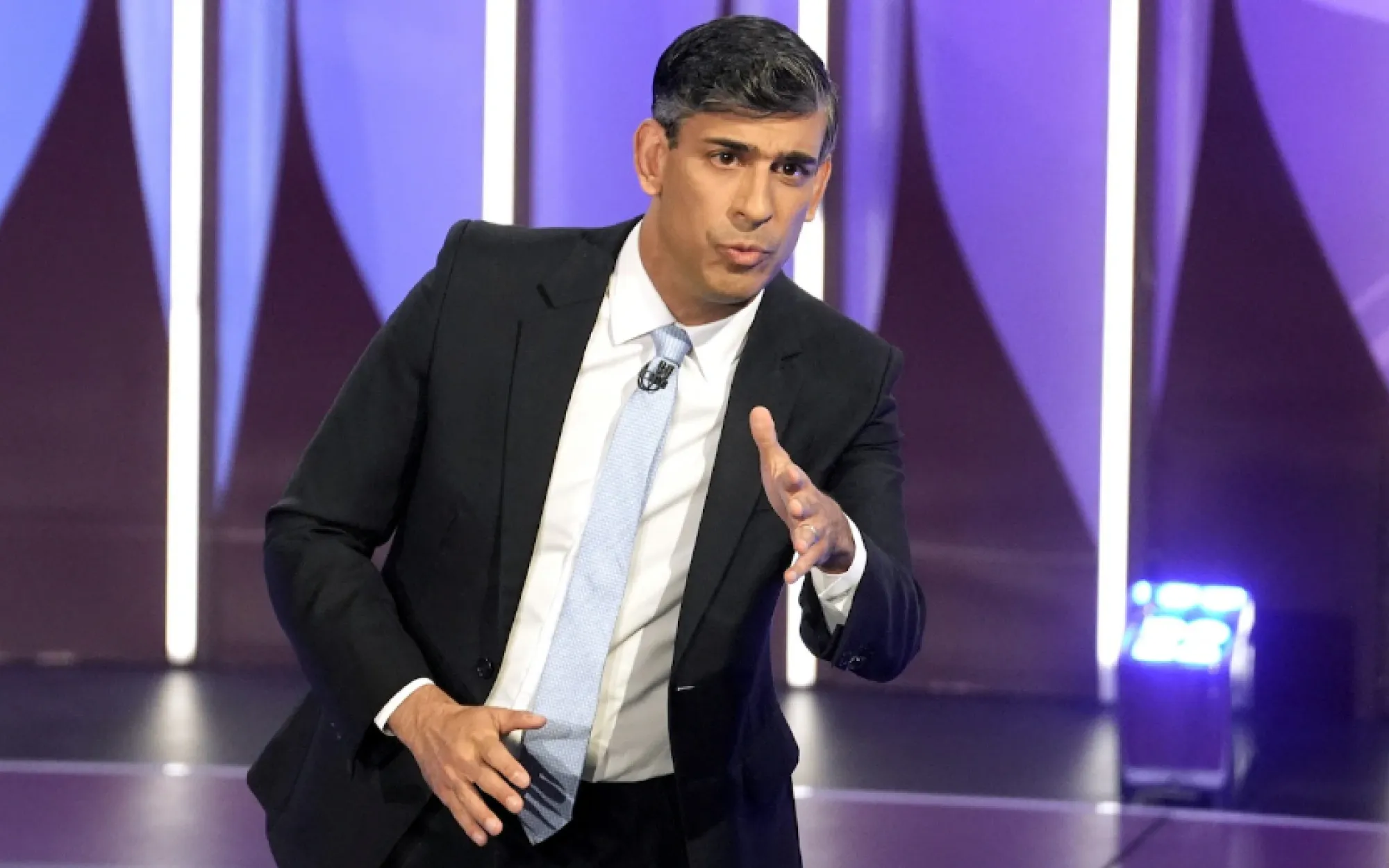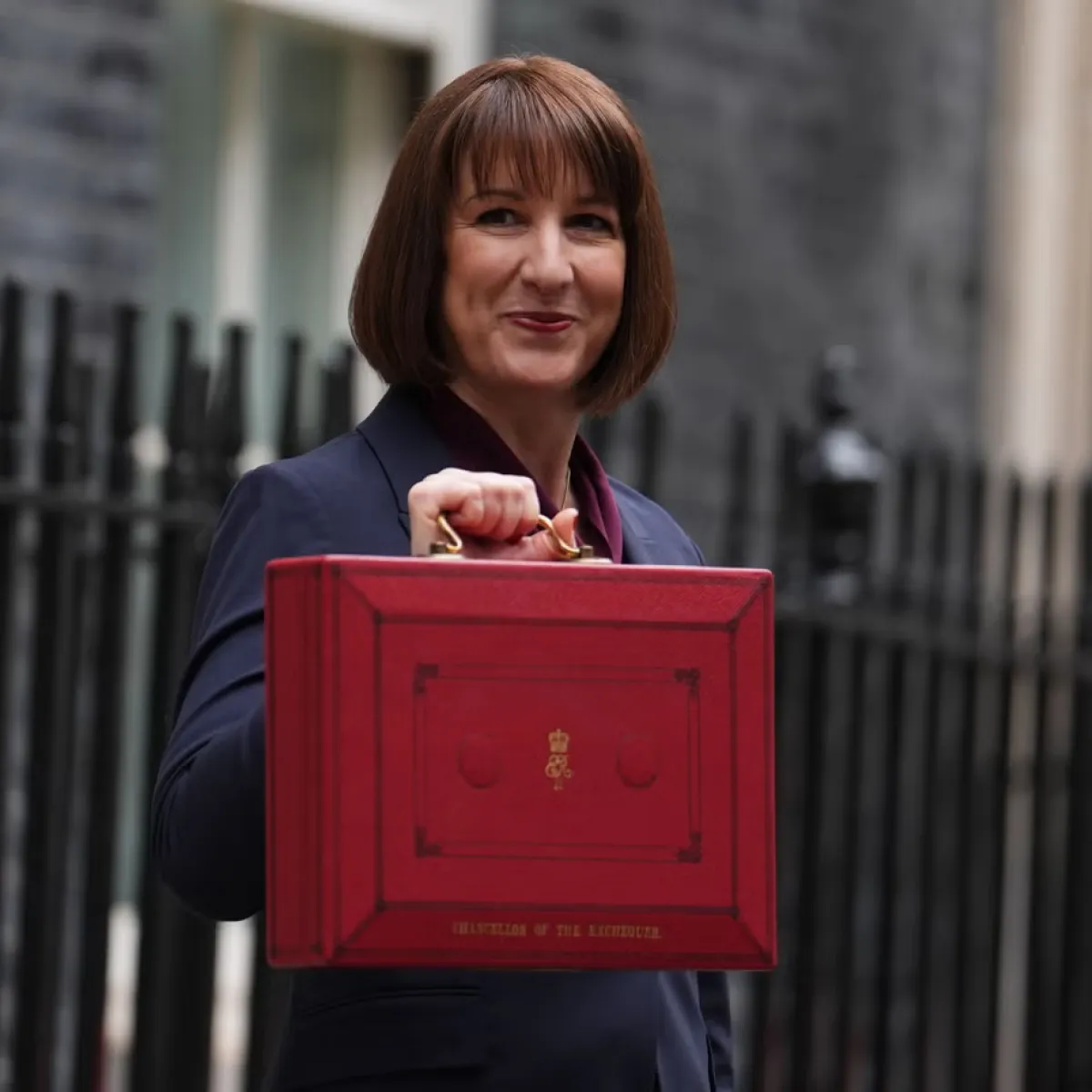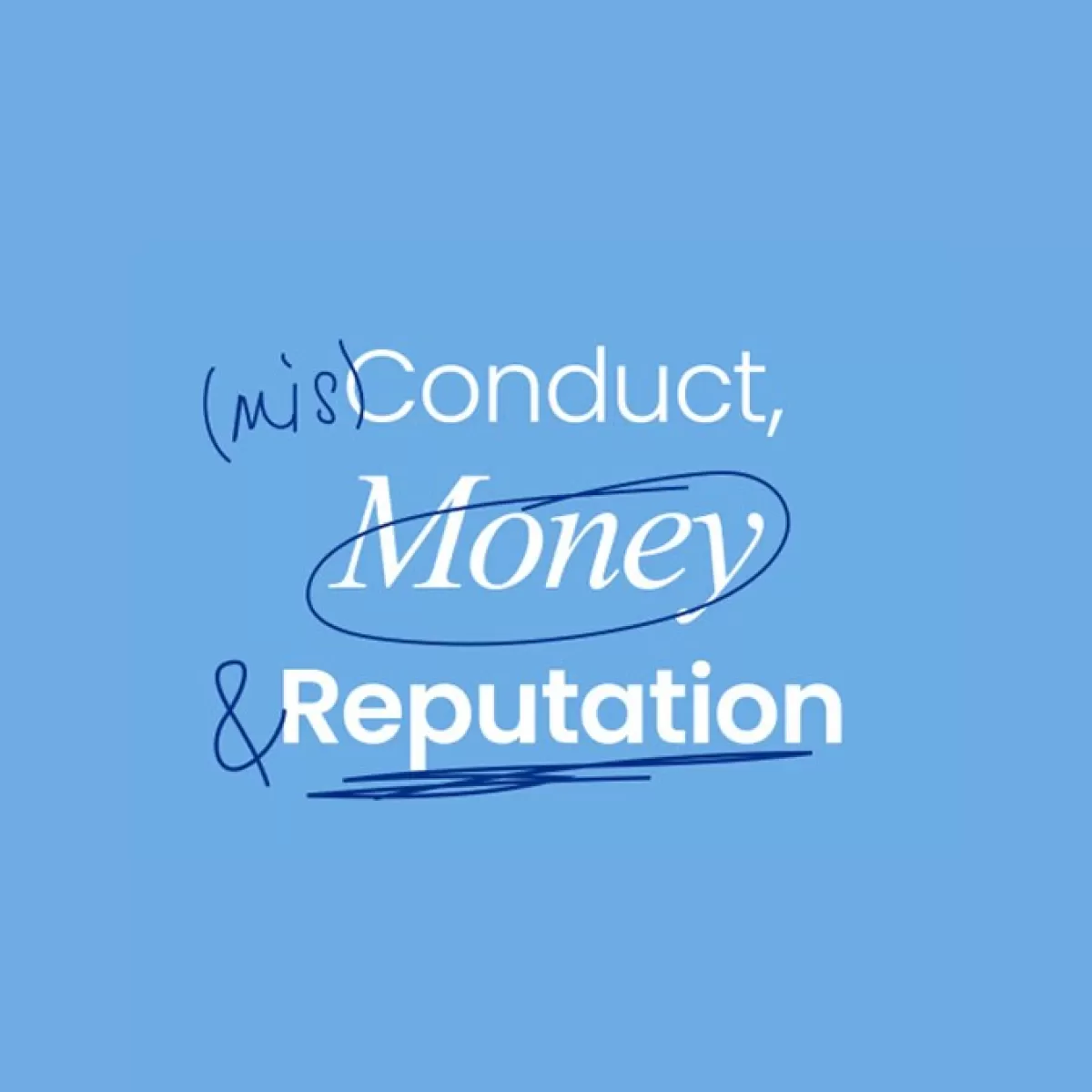This website uses cookies. Learn more
George Campkin, Public Affairs at Lansons, discusses the lack of excitement throughout the general election campaign so far, and whether anything could happen in the next 13 days which could turn that around.


It feels like people have started to turn off from the general election.
There have been some big moments in the campaign so far – Diane Abbott’s will-she-won’t-she debate, Sunak leaving the D-Day memorial early, and revelations of the Tory gambling syndicate – but the campaign still seems to have lacked the usual ‘oomph’.
When we think back to campaigns past – with Gordon Brown calling a member of the public a “bigoted woman” or Theresa May unveiling her “dementia tax” manifesto – these moments definitely had us closer to the edge of our seats.
There are probably two main reasons for this. Firstly, and the key reason to not hold an election in the summer, is that attention is elsewhere. The Euros have just begun, and the English weather is finally turning a corner. These were supposedly considerations in Sunak’s favour, but they also mean that people just aren’t paying as much attention to politics as we would expect a fortnight out from polling day. Secondly, and more importantly, there is simply not enough jeopardy involved in this campaign.
From the moment it was called, the election has looked like a done deal.
A quick thought experiment: picture the steps of Downing Street on 5th July. Now imagine who is standing there delivering a speech to the nation as the new Prime Minister. I bet it’s not Rishi Sunak. The inevitability of Labour’s win has meant that all the parties have leant into this outcome in one way or another. Labour – conscious they just need to not mess up – has been ultra-defensive, trying not to upset anyone and risk dropping the ‘ming vase’.
Many in the Conservatives meanwhile have accepted their fate and have started to campaign on the “you don’t want us completely wiped out, do you?” ticket. And the Reform Party is now claiming that – following one YouGov poll putting them one point ahead of the Tories – they are now the “official opposition”, with Farage best placed to scrutinise a Labour government. Ed Davey’s water sliding and sandcastle building – amusing though they are – are symptoms of a campaign based on the assumption that he won’t be in a position of power and so doesn’t need to be taken seriously; he just needs some attention.
All this is to say that no-one in the public, the commentariat, or even the parties believe there will be any outcome on 5th July other than Keir Starmer standing on those Downing Street steps.
And yet, four weeks’ ago, at the start of this election, there were still suggestions that the polls would narrow and that the race would get tighter. This was always to some extent wishful thinking from Tory supporters. But it was even a commonplace view among Labour supporting commentators. For example, Tony Blair-biographer and The Independent’s chief political commentator, John Rentoul, wrote in late March: “The mood will turn. The day will come in the next few months when the opinion poll gap will start to close and Labour will panic. Headlines such as ‘Rishi’s Coming Up Roses’ will be written in the Conservative press.”
This kind of prediction has not been borne out.
Some have made much of Labour’s average polling dropping from 45 points at the start of the campaign to 41 points now, suggesting that a Labour landslide is slipping away. But the Conservatives have also dropped from 23 points to 21 points, and it is Reform and the Lib Dems who have picked up this small chunk of voters. Labour still leads the Tories by 20 points, as it has done consistently for almost two years. The latest YouGov MRP puts Labour on 425 seats, the Conservatives on 108, the Lib Dems on 67, the SNP on 20, Reform on 5 seats, Plaid Cymru on 4, and the Greens on 2.
This begs the question: can anything change in the remaining 13 days of the campaign?
The simple answer is: technically yes, but probably not. Things can of course blow up at any time and 13 days is plenty of time for major events to take hold. However, even if there was something, it is not likely to shift the dial. Nothing in this campaign has really moved the polls. The manifestos being unveiled, inflation figures coming out, the TV debates – none of this has had any measurable impact.
The public’s views seem to be firmly entrenched at this point and fresh Opinium polling today has shown that an increasing percentage of voters agree with the statement: “it is not worth going out to vote, we know who will win”. What’s more, up to 20% of votes will already be cast over the coming days after postal votes landed on doorsteps earlier this week.
The Tories will be clinging onto one last glimmer of hope: the so-called Shy Tory factor.
That is, they will be hoping that once people find themselves in the privacy of the polling booth, they will shed their inhibitions and strike a cross in the Conservative box. However, polling experts have ruled this out and claim that any such affect has been taken into account. They also make the point that, when there have been polling errors in the past (for example, at the 2017 election election), there were only a handful of polling companies operating in the UK. There are now over 30 polling companies, with subtly different methodologies, all coming to the same conclusion.
So it seems that we’re looking at 13 more days of crystal ball gazing politics, where everyone knows the conclusion and are just enjoying the ride.
**
Want to understand what a Labour government will mean for your organisation, and industry?
We're hosting Labour workshops with policy experts to help organisations, brands and associations better understand the upcoming landscape, opportunities and challenges posed to them under a possible Labour Government. To find out more, get in touch with our team.
Stay in the loop with our experts




New Business: to find out how we can help you, contact our dedicated new businesss team consultancy@lansons.com
Careers: we’d love to hear from you, please visit our careers hub











